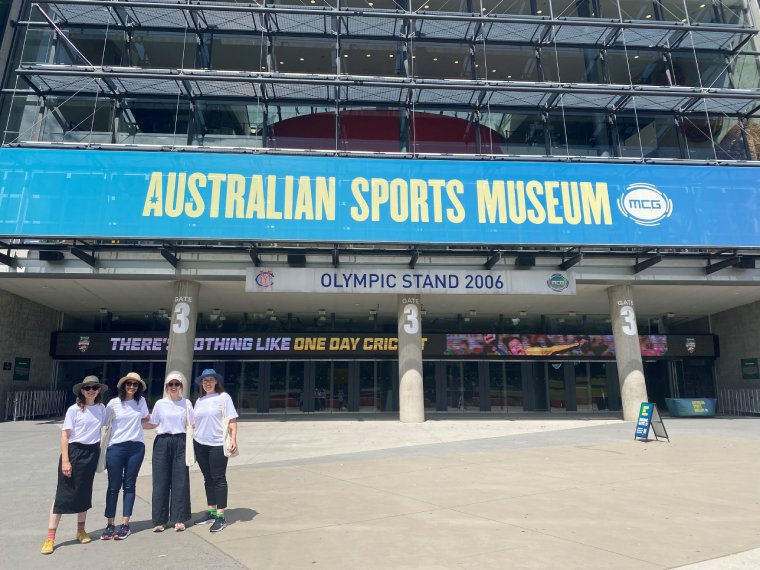We live in a time of incredible advancements in cancer prevention, treatment, diagnosis and technology – but half the world’s population still doesn’t have access to the essential health services they need.
This equity gap costs countless lives each year, and while it is more evident in low and middle income countries, higher income countries like Australia also see dramatic disparities in health equity.
The most disadvantaged groups are also more likely to have increased exposure to other cancer and NCD risk factors, like tobacco, unhealthy diets and environmental factors.
This equity gap needs to change, and the McCabe Centre for Law and Cancer joined the call to address the cancer care gap.
Watch below to see our World Cancer Day webinar on Closing the Care Gap in Asia, which featured cancer leaders from across the region including:
- Amanda Piper – Head of Cancer Strategy, Cancer Council Victoria
- Dr. Melissa Lim Siaw Han – Lecturer at Universiti Malaysia Sarawak and co-founder of Society for Cancer Advocacy and Awareness Kuchin
- Jason Gurney - Cancer epidemiologist, Te Aho o Te Kahu – Cancer Control Agency, and Director of the Cancer and Chronic Conditions Research Group at the University of Otago
- Belinda Chan – CEO, Fiji Cancer Society
The panel discussed examples from their own countries, as well as how law and policy can help address issues when it comes to health equity.
The McCabe Centre also participated in the global 5K challenge, walking 5 kilometres through inner Melbourne to represent closing the care gap.
McCabe Centre for Law and Cancer Director Hayley Jones said it was one way to start conversations about addressing these issues.
“People in the Asia-Pacific region, and Australia, can face vastly different experiences when it comes to accessing cancer care,” she said.
“That could be due to the centralisation of cancer care services in major cities, discrimination based on ethnicity, sex, gender, age and disability, or language and cultural barriers.
“We’re committed to closing this gap, and ensuring everyone has access to affordable, safe cancer care, when and where they need it.”

To read more about World Cancer Day, and see other activities from around the world, click here.
Sign up to our newsletter to hear more about future webinars, events and training opportunities.